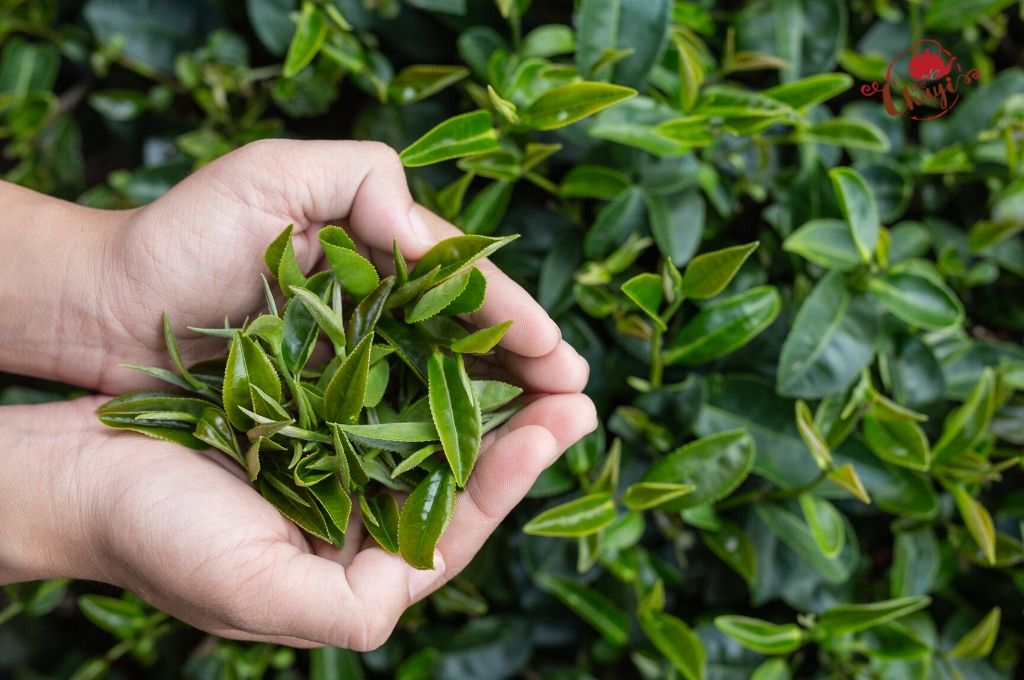In some little corner of a long winding road snaking its way amidst hilly slopes sits a ramshackle wooden cabin, almost like an open crate. A misty morning, few stopped cars, and a flock of travelers coming from different placing and going off to different destinations have only one thing in common. All of them were standing there outside the small wooden shop with a ‘matka’ cup of smoking hot tea in the chilling, weather; a must-have experience.
Tea is one of the most consumed beverages of the world. Tea was first discovered in 2737 BC by Emperor Shennong, a mythical sage ruler of ancient China (also known as the father of Chinese medicine), when a dead tea leaf blew in from a nearby wild tea bush and accidentally dropped into his cup of hot water. Since then tea has travelled the world, from gracing wooden tables in earthen cups to being served in antique silver cups in the homes of royalties. What is unique about this inspiriting beverage is its very aroma which gives its drinkers a unique sense of the place from where it comes. The famous teas of the world like the Assam Tea(India), Darjeeling Tea(India), Ti Kuan Yin(China), Pouchong (Taiwan and China) , all of the varieties remind the drinkers of the earth on which it grows.

Though there are so many varieties of tea (black, green, oolong or even white), they belong to a single plant species ‘camellia sinesis’. The species has two main varieties that reflect their native origin-sinesis, developed in China and Assamica native to India. It is the true recipe of the soil combined with the climate and the method of oxidizing or fermentation that gives tea its distinct flavour. Assam with its low altitude, tropical climate, fertile loamy soil and adequate rainfall serve as a perfect blend for cultivation.
The British introduced tea in India for the first time. At that time, the entire supply of tea came from China. However, after the discovery of tea like bushes in the Upper Brahmaputra Valley by Robert Bruce, tea cultivation began rigorously in Assam. In 1823, Assam tea was internationally sold in England for the first time and was a big success in the foreign market. Assam tea is popular worldwide due to its aroma and unique taste. Though Assam is known to produce varied varieties of tea, it is most popular for its production of black tea. With over 850 tea estates and approximately 2500 tea gardens that cover a thousand acres of land, Assam currently produces over 50% of India’s tea, contributing substantially to the economy of the state.
Though generations have rolled by, the custom of drinking tea has remained unchanged all these years. So next time you stand in front of a somewhat insignificant tea shop and sip that smoking hot cup of tea, take a pause, breathe in the aroma and think of the place it reminds you of. Because as they say, tea is not just a drink, it is, after all, an emotion!









2 Comments